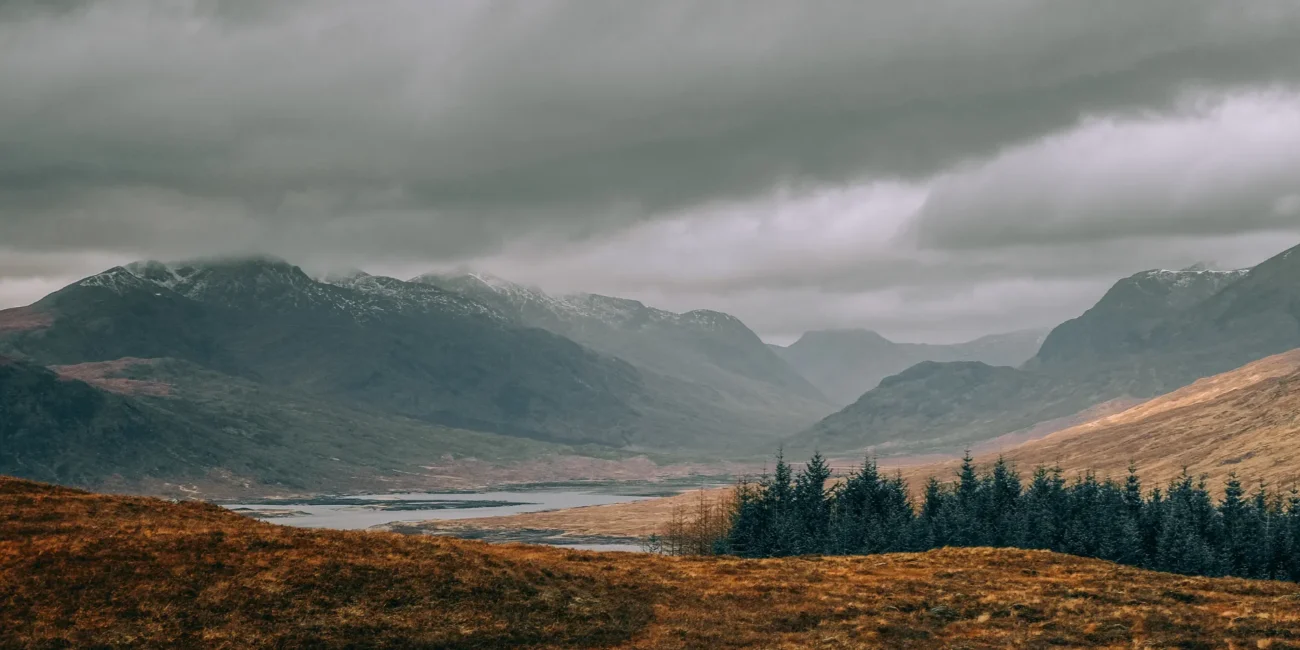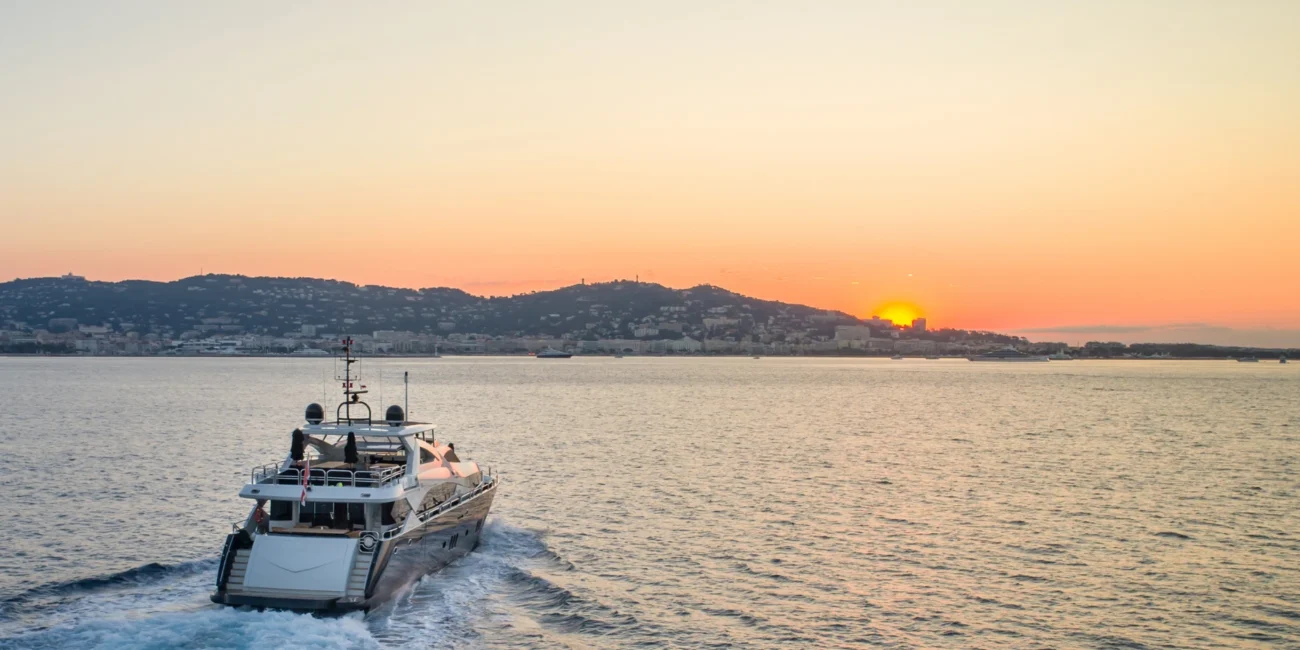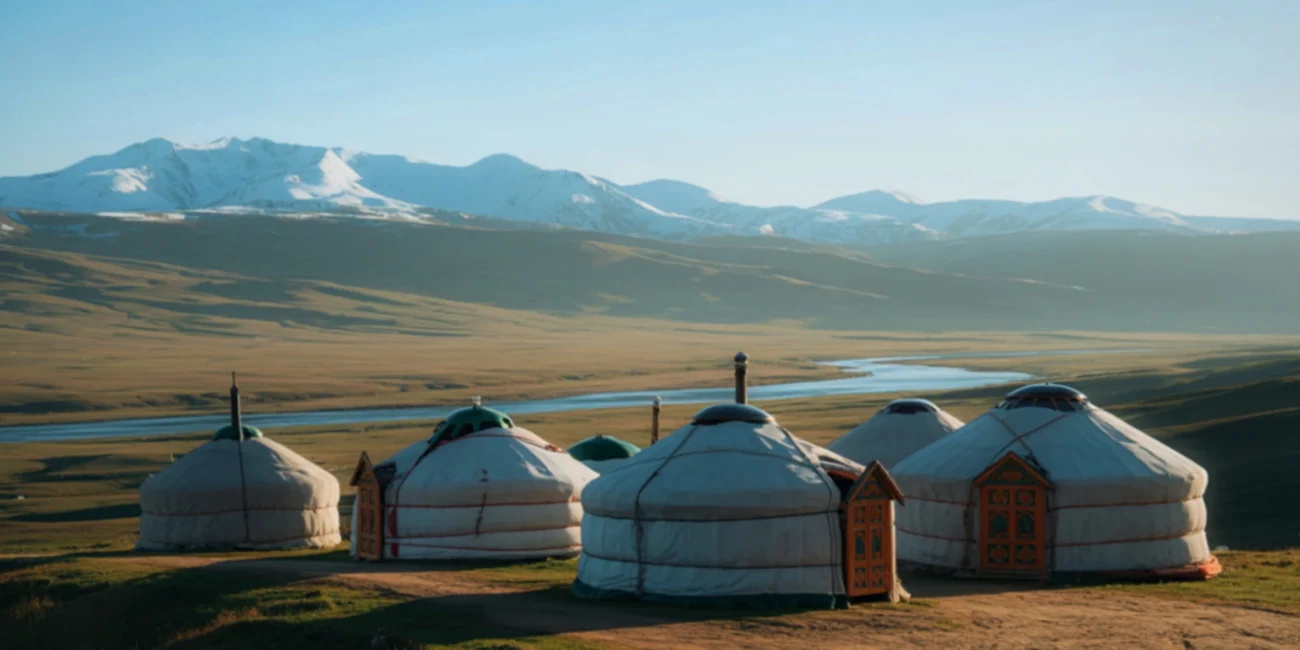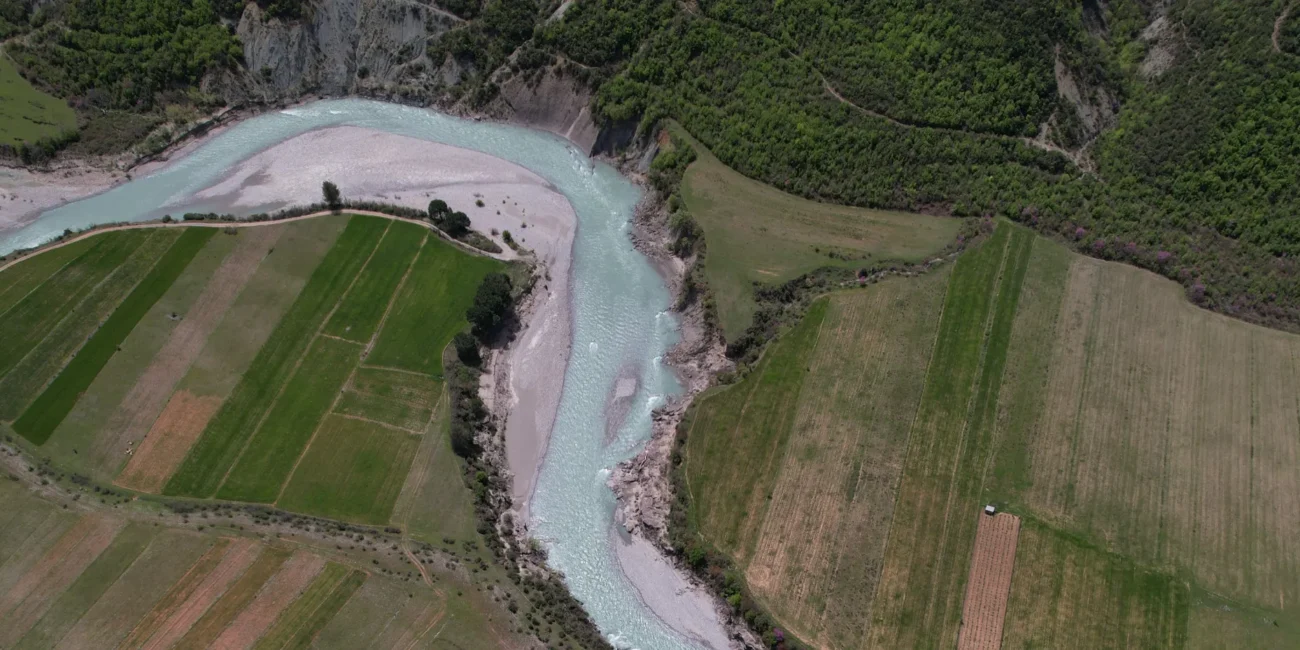What Does It Mean to Be an Explorer? What I learned from Sophy Roberts, Levison Wood, Bruce Parry, Lucy Shepherd, Dr. Rosa Vásquez Espinoza and Lord Zac Goldsmith at the Royal Geographical Society.
“Every story is a travel story – a spatial practice,” writes Michel de Certeau (1984, p.115). At our core, humans are shaped by the spaces we inhabit. Exploration is more than a physical act; it’s a way of understanding the world and our place within it. To be an explorer is to view life through a spatial lens: curious, dynamic and ever in motion. By engaging with diverse environments, both terrestrial and marine, exploration allows us to trace meaning in the physical and fluid contours of the Earth.
From the earliest days of civilisation, humans have resisted stillness. Ancient societies flourished not by remaining static, but by reaching outward: charting unknown territories, crossing vast oceans, seeking new resources and expanding the edges of what was thought possible. From the heights of the Indus Valley and the fertile banks of the Nile to the salt-laden winds of the Mediterranean’s ancient seaways, exploration has always been intertwined with progress.
Human migration, both ancient and modern, tells a story of persistent movement and exploration – a desire not only to survive, but to grow, adapt to and understand unfamiliar landscapes and seascapes. To explore, then, is to participate in one of the most timeless and defining aspects of what it means to be human.
It is a practice of curiosity and humility, of being alert to the stories the land and sea are already telling. It’s about reading the environment, understanding its rhythms and recognising our place within its systems.
To explore is not simply to move through the world, but to actively engage with it. It is to see every landscape and seascape as past, present and possibility, revealing what has been, what is now and what may still become if we choose to care.
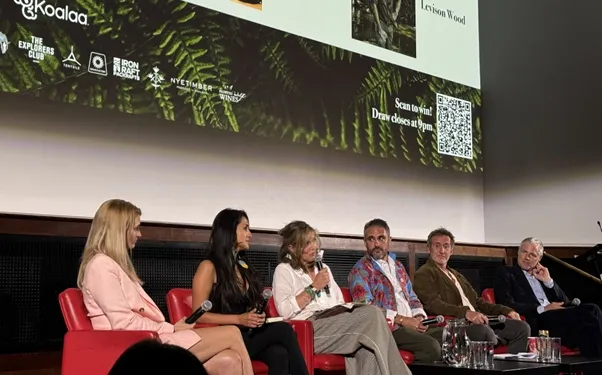
At the end of May, Journeys With Purpose hosted “The Great Explorer Debate”, a sold-out event at the Royal Geographical Society. The evening brought together some of the most prominent explorers of our time for a lively and thought-provoking panel discussion. Moderated by Sophy Roberts, the panel featured Bruce Parry, Levison Wood, Lucy Shepherd, Dr. Rosa Vásquez Espinoza and Lord Zac Goldsmith.
Read on for some of the key insights gleaned from this extraordinary evening of inspiration, exploration and thoughtful conservation dialogue:
Reframing the Explorer
The word “explorer” carries a heavy and ambivalent legacy, often tied to conquest, colonialism and the mapping of the world through a lens of ownership. But at The Great Explorer Debate, a powerful shift was evident. The panelists expressed that 21st century exploration is about stewardship rather than dominion.
It’s less about claiming and more about reconnecting – with the natural world, with communities and with ourselves. Exploration has become as much an inward journey as an outward one, grounded in humility, reciprocity and a deep respect for place. Reimagined, exploration is no longer about extractive control but about belonging and conservation. It’s ultimately about the art of noticing the intricate stories the land and ecosystems share.
Rewilding and Exploration: Small Actions, Big Impact
Connection to nature often begins with the everyday. It starts with the smallest gestures – those that gently reconnect us to the world around us. As Stocking reflected in his 1990 essays on people and place, it’s the “observable minutiae of seasons” that ground us. Observing the shift in light, the call of migrating birds and the budding of trees reminds us that we are part of something far greater than ourselves.
The panelists at The Great Explorer Debate echoed this idea with conviction. Bruce Parry spoke of the need to “fall in love with nature,” to cultivate an emotional relationship with the world we move through. Levison Wood championed guerrilla gardening (an act as radical as it is restorative) to bring biodiversity and beauty back into our shared spaces. And Dr. Rosa Vásquez Espinoza offered perhaps the simplest of invitations, encouraging guests to place a small bowl of water outside their homes to support bees, an easy, tangible act to help protect our pollinators.
Each of these gestures may seem small, but together, they point to a much larger truth. We all have the capacity to be agents of change. Exploration today isn’t always about reaching the farthest corners of the planet. Sometimes, it’s about pausing long enough to notice what’s right in front of us, and choosing to learn from it and care for it. Rewilding and exploration begin not with grandeur, but with a mindset shift that values attention, empathy and everyday action.
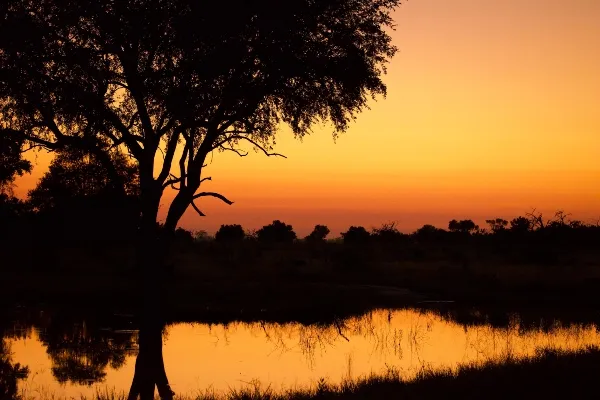
Indigenous Knowledge is Invaluable
The future of exploration and conservation depends on uniting traditional Indigenous knowledge with Western scientific methods. Indigenous knowledge, often tacit and overlooked, is a rigorous system based on observation, measurement and testing.
As Dr. Rosa Vásquez Espinoza emphasised, true sustainability requires integrating these ways of knowing. Recognising this not only enriches our understanding but also honours the transformative healing power of nature. Bruce Parry described plant medicine as “profound and wonderful”.
Embracing this unity and centralising alternative knowledge systems are key to a more respectful, effective and holistic approach to caring for our planet.
Planting Seeds of Awareness: Environmental Education Should Start Young
Children today are growing up increasingly disconnected from the natural world. As Lucy Shepherd pointed out, the average UK child now spends less time outdoors each day than the average UK prisoner – a sobering reflection of how far we’ve drifted from nature. Many children can name more global brands than native trees, revealing a worrying gap in ecological literacy.
Lord Goldsmith called for a widespread campaign to reintroduce nature-based learning into education through tactile engagement with the living world. This means embedding time in nature, environmental awareness and even horticulture into school curriculums. Time spent in natural environments offers proven restorative benefits for both physical and mental health. Cultivating this connection early through play is essential.
If we want to raise a generation that protects and understands the Earth, we must start by helping them feel rooted in the wild.
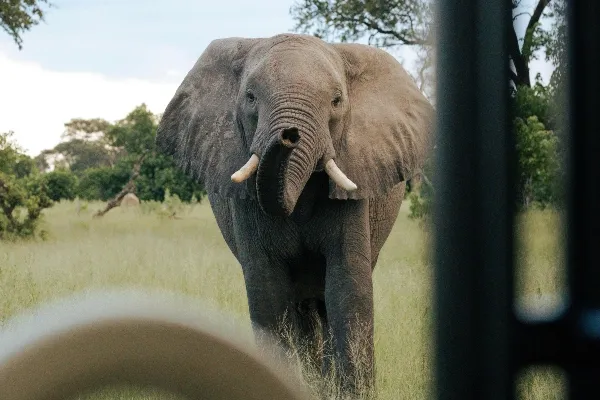
Revaluing Nature: Beyond Profit, Toward Justice
The panelists highlighted a stark imbalance: the financial incentive to cut down rainforests is 40 times greater than the incentive to preserve them. This reality reveals the urgent need to fundamentally shift how we value and interact with the natural world.
Successful conservation requires moving beyond narrow economic interests and human-centred perspectives. Instead, we must adopt an Earth systems approach, recognising that humans are part of complex, interconnected ecological networks. This holistic perspective embraces the interdependence of all living beings and the myriad processes that sustain life on Earth.
True environmental justice demands that we honour these relationships and protect the rights and roles of all species, ensuring a future where nature is respected for its intrinsic value, not just its economic benefit.
Closing Thoughts
To be an explorer today demands more than discovery, it requires powerful communication and storytelling. Explorers are necessarily bold and courageous, but their greatest impact often lies in how they share their experiences and spark curiosity, empathy and action in others. Through their stories, they invite us all to see the world differently and inspire a deeper connection to the planet we call home.
A special thanks to our supporting partners – Tusk Trust, The Explorers Club, The Scientific Exploration Society, Koalaa, Tentsile and Shackleton – for making this event possible.
You can watch the full debate on Youtube and dive deeper into these insights by following this link: The Great Explorer Debate LIVE at the RGS with JWP
If you’re ready to embark on your own journey of self-discovery and exploration, discover our immersive, purpose-led travel experiences in wild nature via our Destinations page.
References
- De Certeau, M. (1984) The Practice of Everyday Life. (Berkeley: University of California Press).
- Stocking, K. (1990) Letters from the Leelanau: Essays of People and Place (Ann Arbor: The University of Michigan Press).
